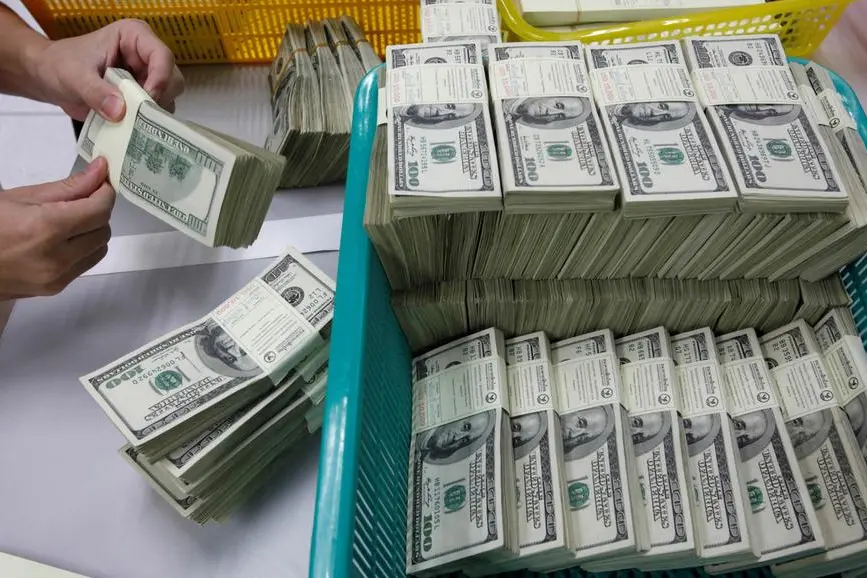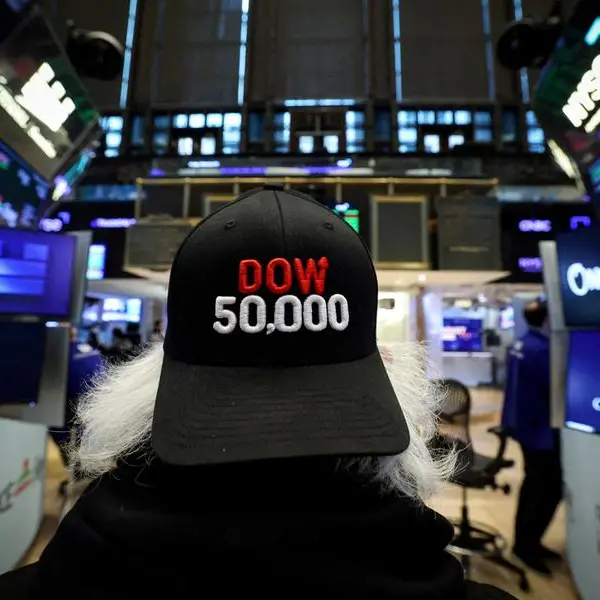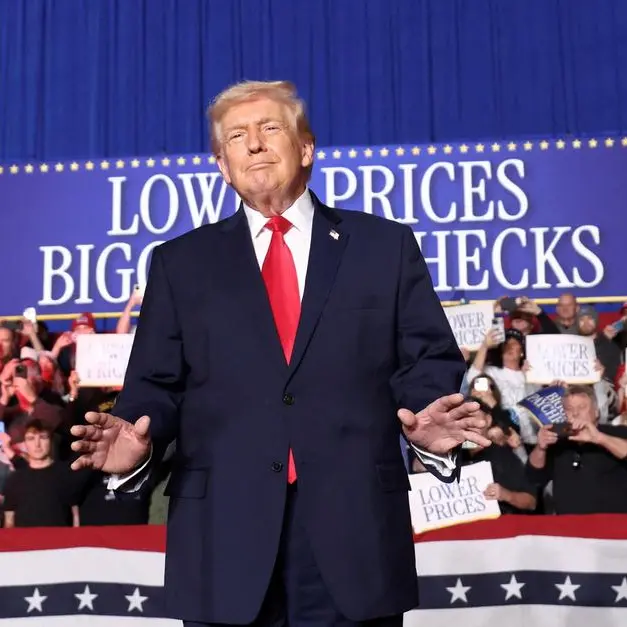PHOTO
(The opinions expressed here are those of the author, a columnist for Reuters.)
ORLANDO, Florida - In January, U.S. President Donald Trump warned the so-called BRICS nations against replacing, or backing any currency to take the place of, the "mighty U.S. dollar."
While the International Monetary Fund's latest foreign exchange reserves data for the fourth quarter of last year suggests central banks around the world continue to pull away from the greenback, there may be a silver lining for the president.
The IMF's Currency Composition of Official Foreign Exchange Reserves (Cofer) data, the gold standard for FX reserves information, show that countries have been gradually chipping away at their dollar holdings and diversifying for years.
Indeed, the greenback's nominal share of official FX reserve holdings in the third quarter of last year fell to a record low 57.3% from over 72.0% in 2001.
That crept up slightly to 57.8% in the fourth quarter, a rare rise, but the dollar surged 7.6% against a basket of major currencies in the period, its biggest quarterly appreciation in nearly a decade. All else equal, this reduces the dollar-value of reserves held in non-dollar currencies such as the euro, sterling, or Japanese yen.
When adjusting for these FX changes, the dollar's share of reserves slid to a record low of 54.1% from 55.3%, according to Goldman Sachs. At the start of the millennium, that share was over 71%.
Importantly, the Cofer figures only go up to December 31, so do not take into account any reserve shifts made amid the historically high policy uncertainty and market ructions of recent months.
With military, diplomatic and trade ties going back decades now fraying at an alarming rate, reserve managers are bound to be rethinking their FX allocations. And that is unlikely to involve a sudden re-discovered love for the dollar.
STILL NUMBER ONE
Reserve managers do not typically make knee-jerk reactions to market gyrations or the headlines du jour. They're a cautious breed, prioritizing liquidity, stability and long-termism over yield, opportunity and a fast buck.
But further diversification of their FX reserves can hardly be considered an impulsive reaction, as the trend is pretty well entrenched. The emergence of any new world order in the coming years would likely only strengthen it.
No matter how you slice it, the dollar's overwhelming dominance in global FX reserves is weakening. But that doesn't mean the greenback's place as the world's preeminent reserve currency is under threat.
Its share is not being eaten up by its nearest rival, the euro, but by a bunch of smaller, "nontraditional" reserve currencies such as the Korean won, Australian and Canadian dollars, and China's renminbi.
"It's not just diversification out of the dollar. Euro reserve holdings have fallen in nominal and valuation-adjusted terms as well," notes Goldman's Michael Cahill.
This is a trend that has been underway for years, taking hold just after the Global Financial Crisis and accelerating again after the pandemic.
The Cofer data shows the aggregate share of "nontraditional" currencies in central banks' FX reserves was 12.6% in December, just off September's record high of 12.7%. Before 2009, that share had never exceeded 3%.
The euro's share since its launch more than 25 years ago has never fallen below 19% and only once, in late 2020, has it exceeded 21%. Any reduction in the difference between the dollar and euro shares has been caused by reserve managers shunning the greenback rather than taking a shine to the euro.
Their preference to build up holdings of several smaller currencies has created a somewhat curious equilibrium. The dollar is seeing its dominance gradually diminish, but it's in little danger of losing its role as the world's sole reserve currency.
Trump, who seems to want the dollar to remain dominant while no longer sucking in so much of the world's savings, may be happy with that.
(The opinions expressed here are those of the author, a columnist for Reuters.)
(By Jamie McGeever;)
Reuters





















